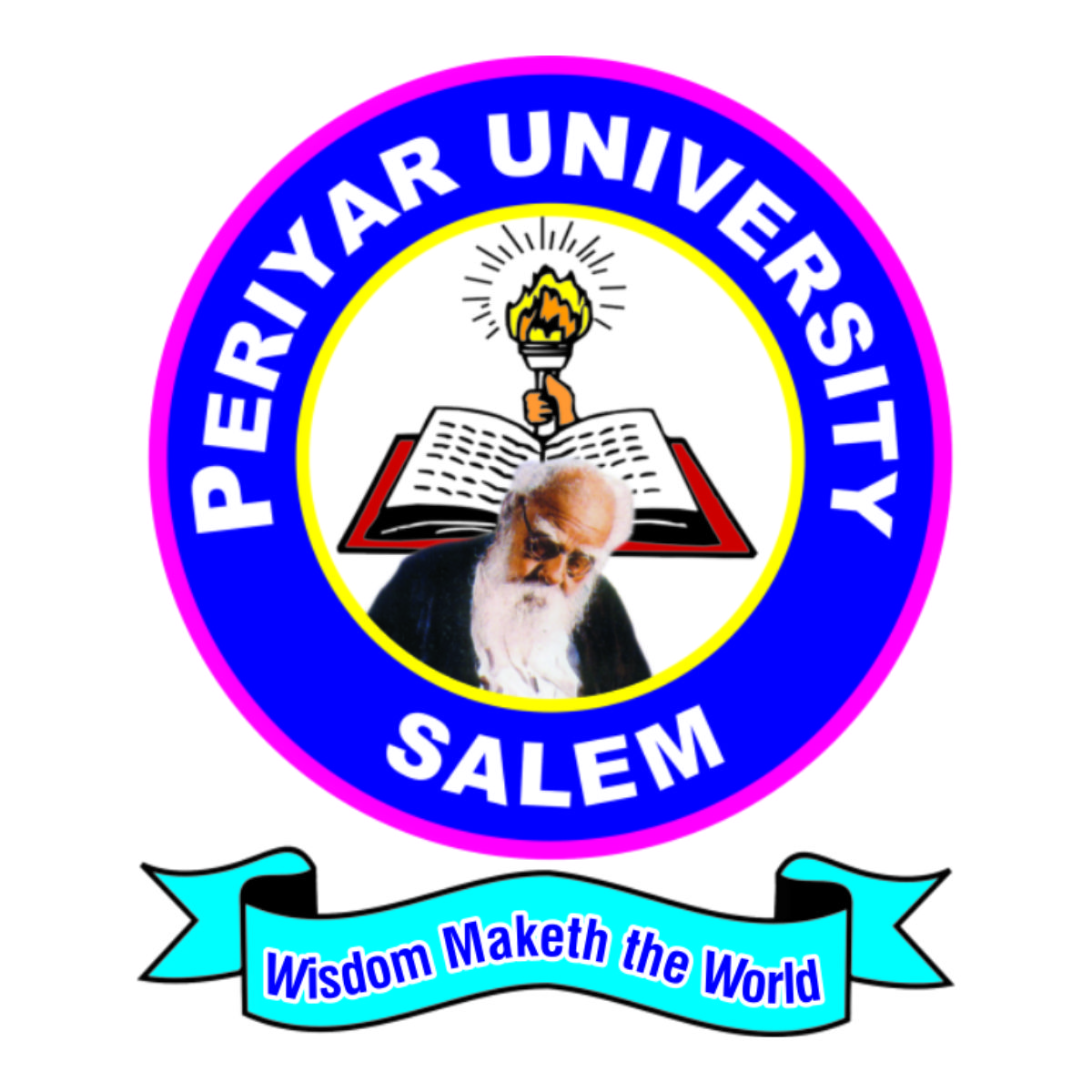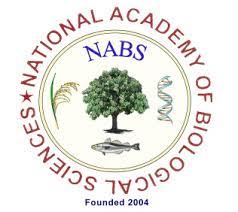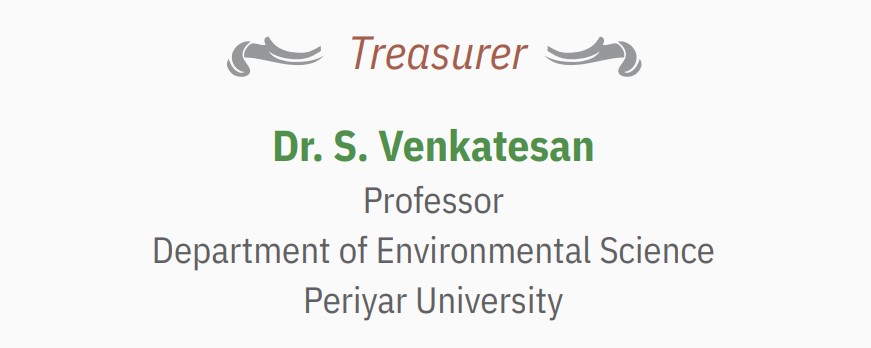About the Conference
Agriculture provides the largest share of food supplies and ensures a critical number of ecosystem services. The world population is increasing at an unprecedented rate and is projected to reach 9.7 billion in 2050. To feed this growing population, food production needs to increase by 70 % with the existing cultivable land and under increasingly harsh climate conditions without further damaging the environment. In addition, intensive conventional agricultural practices have had negative impact on environmental sustainability, food quality and aggravated the structural decline in farm productivity. Many government agencies and policies have suggested that combined attempts of increasing soil biological health and plant breeding program can achieve ~50 % increase in farm productivity without further increase in inputs. According to CoP 14 UNCCD, IndiaŌĆÖs target for Land Degradation Neutrality (LDN) or restoration of degraded land was 30 million hectares (Mha) by 2030.
The ef’¼ücient use of natural resources for human needs is important to protect those resources for the future to maintain a balance in the environment. For environmentally sustainable development to occur, it is essential to preserve the environment for current and future generations to enjoy a potentially average quality of living. Hence, several measures have been advocated by the UN to achieve this goal by 2030 such as promoting sustainable agricultural practices to obtain better crops that involve cover crops, crop rotation, permaculture, soil enrichment, natural pest predators, bio-intensive integrated pest management, polyculture farming, etc. In addition, greenhouse gases in the atmosphere have promoted global warming that may interfere with sustainable development in agriculture. The changes in climate can be mitigated by several measures such as conservation of forests, improving biodiversity, and ’¼ünding alternative sources of energy.
Sustenance of life on Earth is based on development in agriculture and healthy environment through suf’¼ücient food availability, clean atmosphere, and prevention of diseases. New frontiers in science such as biotechnology, nanotechnology, and molecular biology have enabled not only humans but also other animals and plants to combat the changes in environment through advancements in biochemical and pharmaceutical sectors. Quality of life for all living beings is dependent upon research progress in the above-mentioned ’¼üelds of science.
In order to integrate all three disciplines such as life science, environmental science, and agriculture science towards true sustainable development, the current Conference strives to bring diverse scholars together on a single platform for exchange of research ideas and promote further research in these areas. Among the 17 SDGs implemented on 2016, most of the SDGs are directly related to our proposed Conference Themes such as Zero Hunger (SDG 2), Climate Action (SDG 13), Life below Water (SDG 14) and Life on Land (SDG 15) focusing on environmental, economic, and social sustainability. Hence, the purpose of the 13th NABS Conference on "Current Perspectives for Sustainable Development in Life Sciences, Environment and Agriculture" will attempt to provide solutions for various issues and pave the way for sustainable utilization of our natural resources to ensure food, water and energy security for every citizen in the world.
Conference Sub-Themes
- Agriculture and Ecosystem
- Biochemical and Pharmaceutical Applications
- Biodiversity Conservation and Climate Change
- Biotechnology and Genetic Engineering
- Energy and Environment
- Nanotechnology and its advancements
- Plant, Animal and Microbial Research










